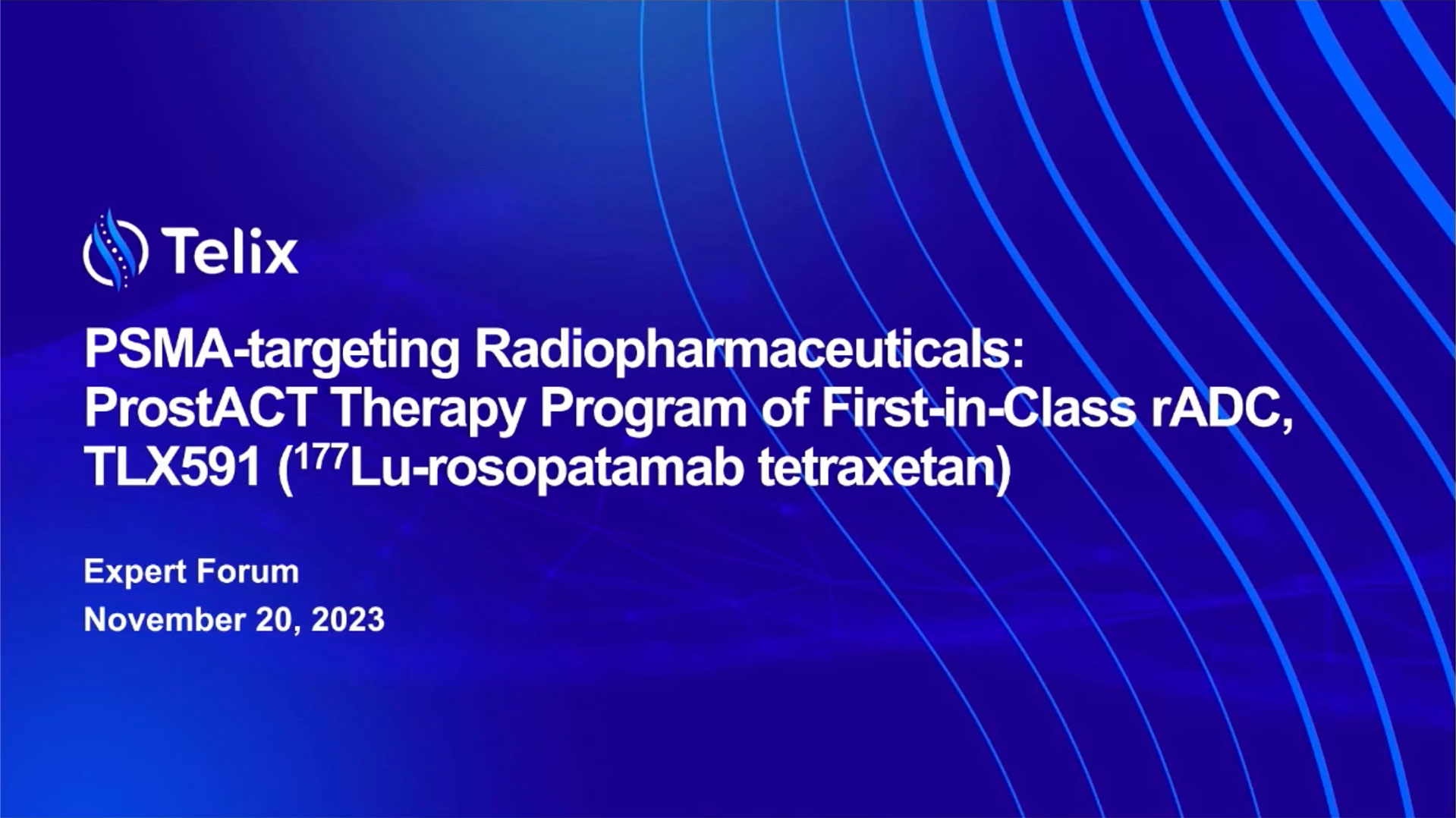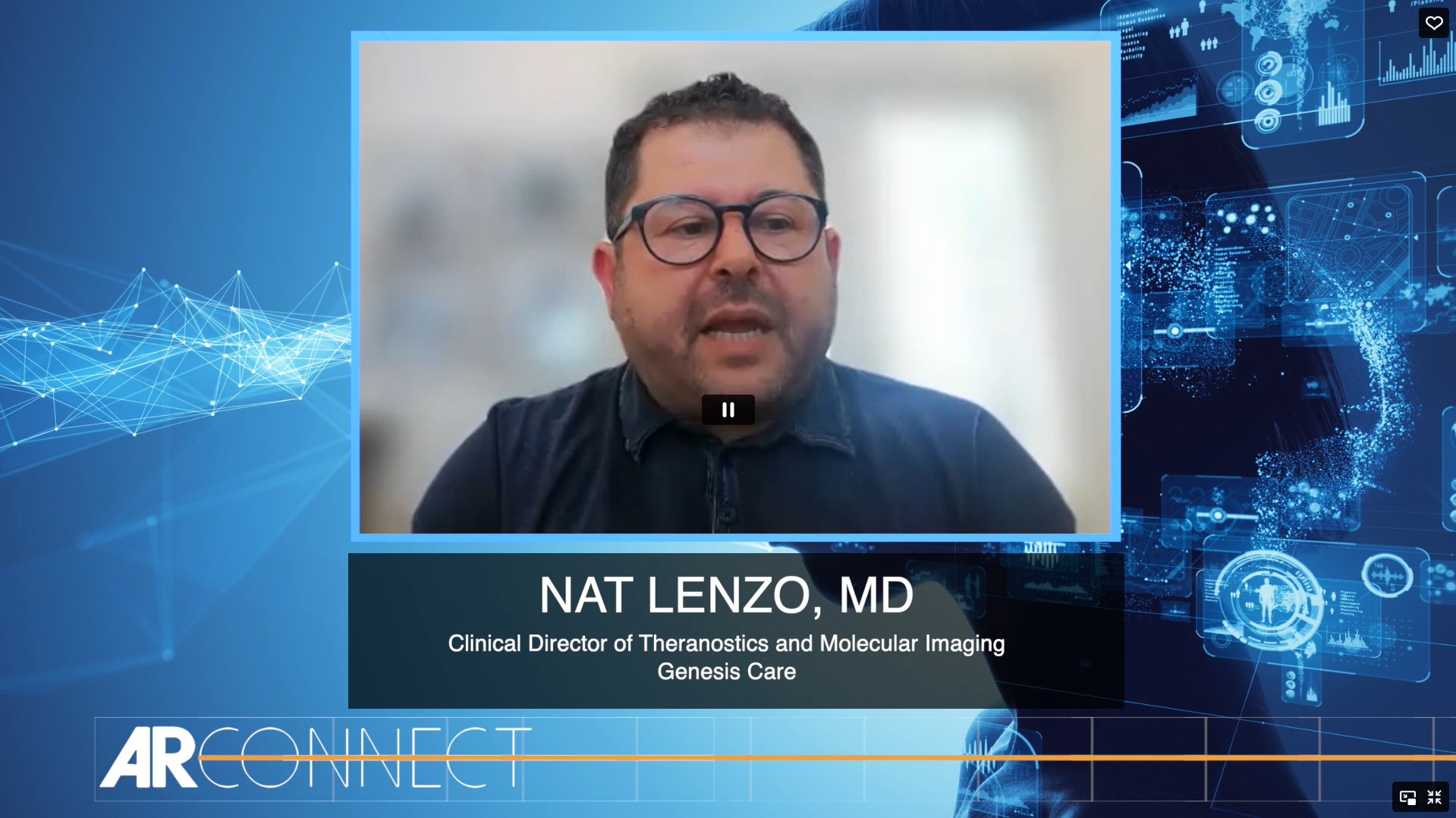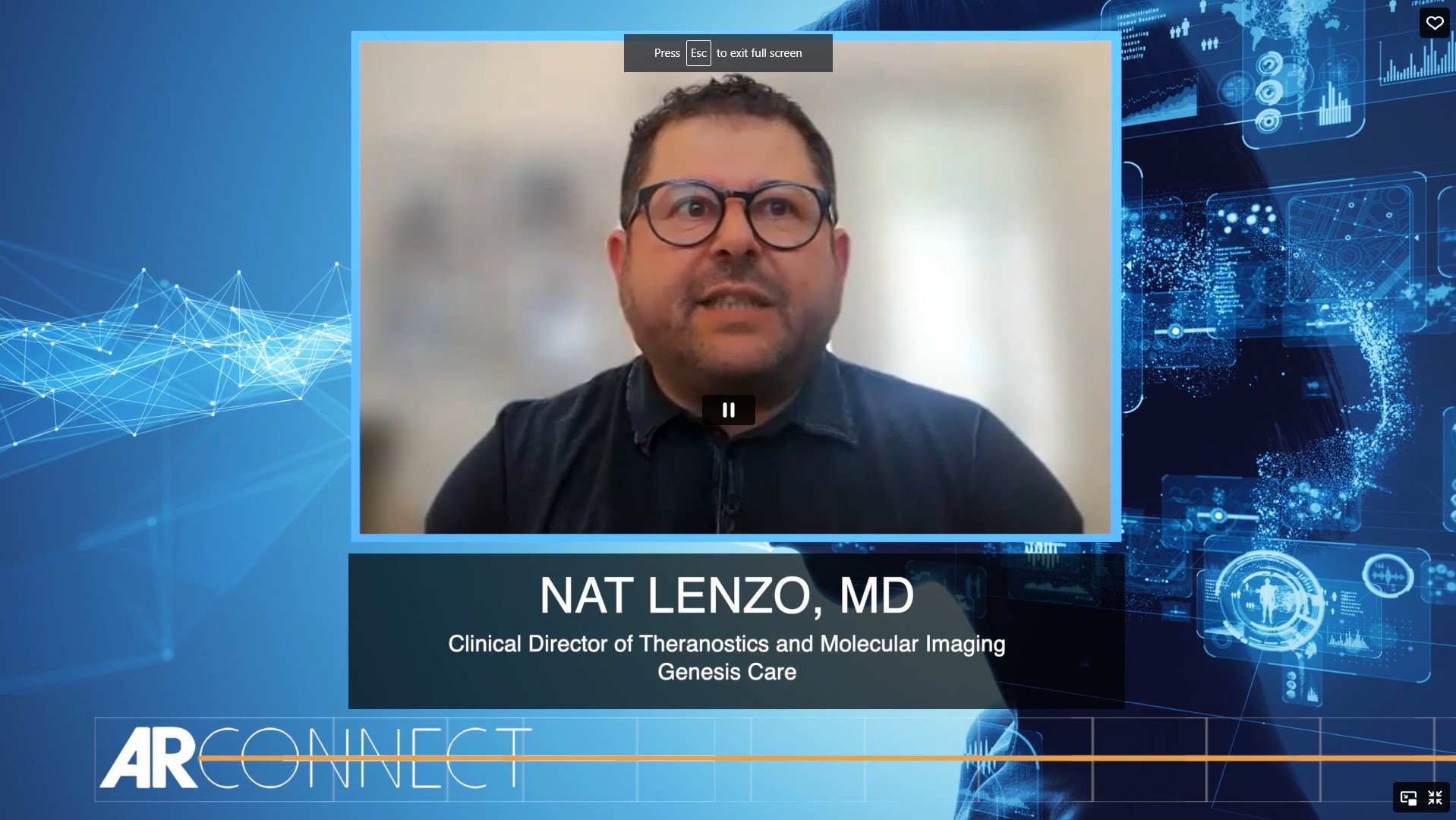Prostate/PSMA
Worldwide.
Prostate cancer incidence and mortality (2020)
Source: Globocan 2020
Prostate cancer
Prostate cancer is the most commonly diagnosed male cancer and a leading cause of death in men. Worldwide. In 2020 more than 1.4 million men were diagnosed, and >375,000 died from their disease (WHO, 2020).
Prostate-specific membrane antigen (PSMA) is a transmembrane protein expressed on many neoplastic and intrinsic tissues. PSMA is highly expressed on prostate epithelial cells and strongly upregulated in prostate cancer and, particularly, advanced prostate cancer.
Telix is investigating PSMA as a potential target for prostate cancer theranostics.
For more information on Telix’s active clinical trials in prostate cancer please see trial descriptions below, clickable through to clinical trial database where registered.
A full listing of Telix clinical trials, which also includes active and completed studies can be found at ClinicalTrials.gov.
Expert Forum on PSMA-targeting Radiopharmaceuticals
Colin Hayward, Professor Scott T. Tagawa, Professor Nat Lenzo, Professor Oliver Sartor

Applied Radiology | PSMA Radioligand Therapy | Advances in Prostate Cancer Treatments | Part 1
Professor Nat Lenzo

Applied Radiology | PSMA Radioligand Therapy | Advances in Prostate Cancer Treatments | Part 2
Professor Nat Lenzo
